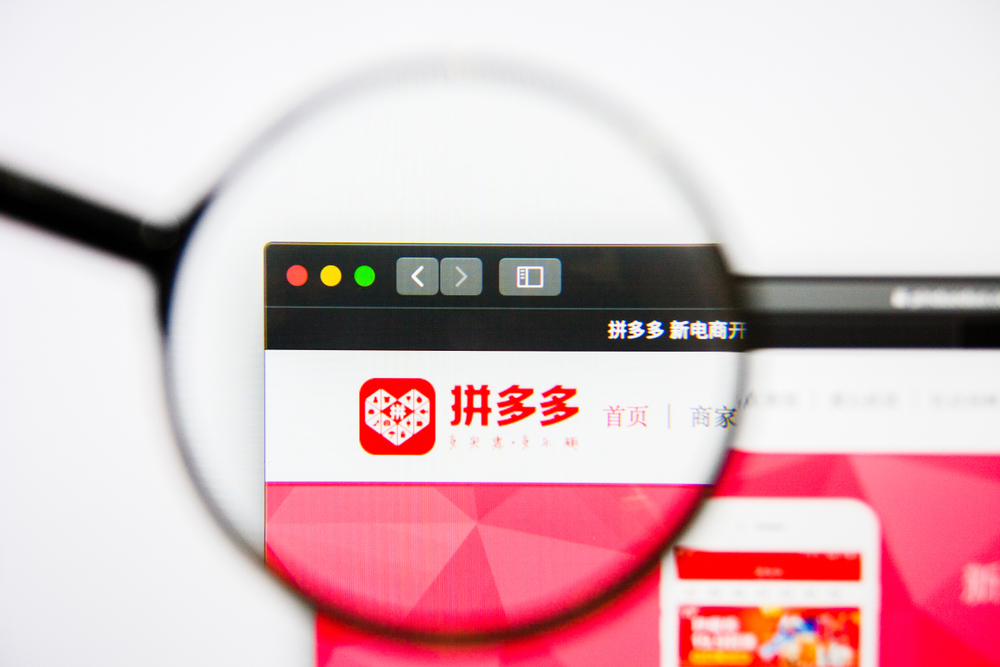As competition heats up between China’s e-commerce top dog Alibaba and newcomer Pinduoduo, the latter’s founder Colin Huang attempts to rally investors by evoking basketball and war metaphors.
In the first letter to shareholders, published in the first annual report since Pinduoduo went public on Nasdaq last year, Huang wrote: “Pinduoduo is still only four years old. It is like when Yao Ming just started in elementary school. He might have been quite tall, but he was nevertheless only an elementary school student.” Yao Ming is a Chinese basketball superstar who went on to play in the NBA.
Pinduoduo, an e-commerce platform that successfully integrates social commerce features like group purchases, was founded in Shanghai in 2015. The basketball player analogy alludes to the fact that Pinduoduo grew quite fast itself.
It has 418.5 million active buyers and 3.6 million active merchants as of the end of 2018, according to its annual report. Its revenue has grown from RMB 1.7 billion (USD 253 million) in 2017 to RMB 13.1 billion (USD 1.9 billion) in 2018, registering a staggering 652.3% annual growth.
Despite whopping growth, Pinduoduo garnered criticism for its spending spree, intended to attract more active users. The company spent USD 1.5 for every dollar of sales in the fourth quarter last year, according to the Financial Times.
It’s like buying a pair of new basketball shoes for the toddler Yao Ming, wrote Huang in defense of his companies exuberant spending. It’s worth it, he argues, because “this ‘little grown-up’, having been pushed onto the court, has already proven his capability and potential to generate revenue and make real money at any time.”
The letter to shareholders also addressed concerns over an intensifying competition with Alibaba.
Earlier this month, Taobao, Alibaba’s C2C marketplace, introduced its own version of a low price product promotion feature that has some similarities with Pinduoduo. It’s trying to strike deals with sellers to be on Taobao exlusively. Pinduoduo publicly complained Taobao of forcing its merchant to pick sides.
The “forced exclusivity” initiated by his rivals is “out of bounds”, Huang said. He called this behavior “wasteful and destructive” but also “in vain”.
Aggressive moves like this could backfire, he warned, because by hurting others you end up hurting yourself. “Sometimes you ‘kill a thousand enemies and lose two hundred of your men,’ or worse yet, ‘kill a thousand enemies and lose two thousand men”,” he said.
Editor: Nadine Freischlad
Write to Luna Lin at lunalin@kr-asia.com
